Can i request to be induced
Medical reasons for inducing labor
Inducing labor (also called labor induction) is when your provider gives you medicine or breaks your water to make labor start.
Your provider may recommend inducing labor if your health or your baby’s health is at risk or if you’re 2 weeks or more past your due date.
Inducing labor should only be for medical reasons. If your pregnancy is healthy, it’s best to wait for labor to start on its own.
If your provider recommends inducing labor, ask about waiting until at least 39 weeks to be induced so your baby has time to develop in the womb.
What is inducing labor?
Inducing labor (also called labor induction) is when your health care provider gives you medicine or uses other methods, like breaking your water (amniotic sac), to make your labor start. The amniotic sac (also called bag of waters) is the sac inside the uterus (womb) that holds your growing baby. The sac is filled with amniotic fluid. Contractions are when the muscles of your uterus get tight and then relax. Contractions help push your baby out of your uterus.
Your provider may recommend inducing labor if your health or your baby’s health is at risk or if you’re 2 weeks or more past your due date. For some women, inducing labor is the best way to keep mom and baby healthy. Inducing labor should be for medical reasons only.
If there are medical reasons to induce your labor, talk to your provider about waiting until at least 39 weeks of pregnancy. This gives your baby the time she needs to grow and develop before birth. Scheduling labor induction should be for medical reasons only.
What are medical reasons for inducing labor?
Your provider may recommend inducing labor if:
- Your pregnancy lasts longer than 41 to 42 weeks. After 42 weeks, the placenta may not work as well as it did earlier in pregnancy. The placenta grows in your uterus (womb) and supplies your baby with food and oxygen through the umbilical cord.

- Your placenta is separating from your uterus (also called placental abruption) or you have an infection in your uterus.
- Your water breaks before labor begins. This is called premature rupture of membranes (also called PROM).
- You have health problems, like diabetes, high blood pressure or preeclampsia or problems with your heart, lungs or kidneys. Diabetes is when your body has too much sugar (called glucose) in your blood. This can damage organs in your body, including blood vessels, nerves, eyes and kidneys. High blood pressure is when the force of blood against the walls of the blood vessels is too high and stresses your heart. Preeclampsia is a serious blood pressure condition that can happen after the 20th week of pregnancy or after giving birth (called postpartum preeclampsia).
- Your baby has a stopped growing. Or your baby has oligohydramnios. This means your baby doesn’t have enough amniotic fluid.
- You have Rh disease and it causes problems with your baby’s blood.
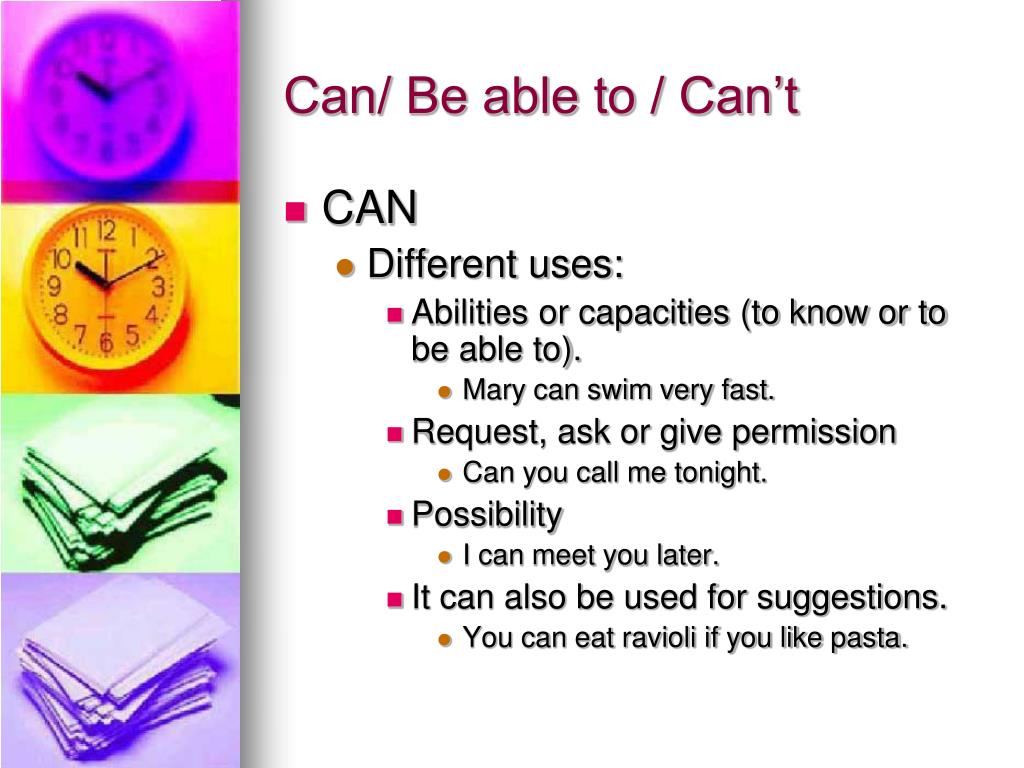
What are the risks of scheduling labor induction for non-medical reasons?
Scheduling labor induction may cause problems for you and your baby because your due date may not be exactly right. Sometimes it’s hard to know exactly when you got pregnant. If you schedule labor induction and your due date is off by a week or 2, your baby may be born too early. Babies born early (called premature babies) may have more health problems at birth and later in life than babies born on time. This is why it’s important to wait until at least 39 weeks to induce labor.
If your pregnancy is healthy, it’s best to let labor begin on its own. If your provider talks to you about inducing labor, ask if you can wait until at least 39 weeks to be induced. This gives your baby’s lungs and brain all the time they need to fully grow and develop before he’s born.
If there are problems with your pregnancy or your baby’s health, you may need to have your baby earlier than 39 weeks. In these cases, your provider may recommend an early birth because the benefits outweigh the risks. Inducing labor before 39 weeks of pregnancy is recommended only if there are health problems that affect you and your baby.
In these cases, your provider may recommend an early birth because the benefits outweigh the risks. Inducing labor before 39 weeks of pregnancy is recommended only if there are health problems that affect you and your baby.
If your provider recommends inducing labor, ask these questions:
- Why do we need to induce my labor?
- Is there a problem with my health or the health of my baby that may make inducing labor necessary before 39 weeks? Can I wait to have my baby closer to 39 weeks?
- How will you induce my labor?
- What can I expect when you induce labor?
- Will inducing labor increase the chance that I'll need to have a c-section?
- What are my options for pain medicine?
Last reviewed: September, 2018
See also: 39 weeks infographic
Inducing Labor (for Parents) - Nemours KidsHealth
It's common for many pregnant women, especially first-time mothers, to watch their baby's due date come and go without so much as a contraction. The farther away from the expected delivery date (called the EDD) you get, the more anxious you might become. You may start to wonder — is this baby ever going to come?
The farther away from the expected delivery date (called the EDD) you get, the more anxious you might become. You may start to wonder — is this baby ever going to come?
Late pregnancy can be challenging — you may feel large all over, your feet and back might hurt, you might not have the energy to do much of anything, and you're beyond ready to meet the little one you've nurtured all this time. Which is why waiting a little longer than you'd expected can be particularly hard.
Still, being past your due date doesn't guarantee that your doctor (or other health care provider) will do anything to induce (or artificially start) labor — at least not right away.
What Is It?
Labor induction is what doctors use to try to help labor along using medications or other medical techniques. Years ago, some doctors routinely induced labor. But now it's not usually done unless there's a true medical need for it. Labor is usually allowed to take its natural course. However, in some situations, a health care provider may recommend induction.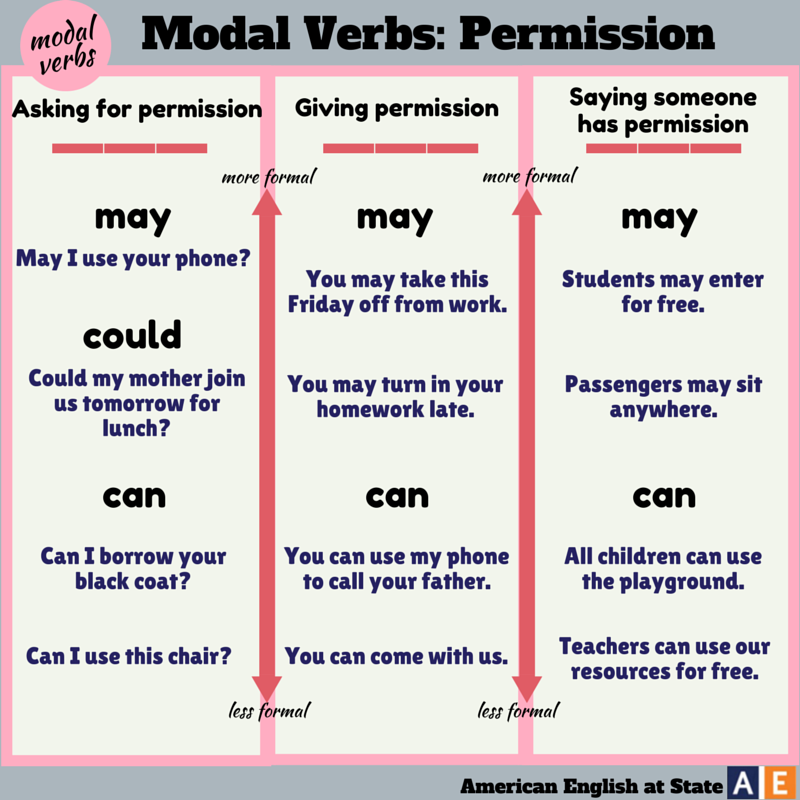
Why It's Done
Your doctor might suggest an induction if:
- your water broke but you are not having contractions
- your baby still hasn't arrived by 2 weeks after the due date (when you're considered post-term — more than 42 weeks into your pregnancy)
- you have an infection in the uterus (called chorioamnionitis)
- you have certain risk factors (e.g., gestational diabetes or high blood pressure)
- there is not enough amniotic fluid
- there is a problem with the placenta
- the baby is not growing appropriately
Induction also can be appropriate under certain circumstances, as with a mother who is full term and has a history of rapid deliveries or lives far from a hospital.
Some mothers request elective inductions for convenience, but these do come with risks. Doctors try to avoid inducing labor early because the due date may be wrong and/or the woman's cervix might not be ready yet.
Page 2
How It's Done
Some methods of induction are less invasive and carry fewer risks than others. Ways that doctors may try to induce labor by getting contractions started include:
Ways that doctors may try to induce labor by getting contractions started include:
- Stripping the membranes. The doctor puts on a glove and inserts a finger into the vagina and through the cervix (the opening that connects the vagina to the uterus). He or she moves the finger back and forth to separate the thin membrane connecting the amniotic sac (which houses the baby and amniotic fluid) to the wall of the uterus. When the membranes are stripped, the body releases hormones called prostaglandins, which help prepare the cervix for delivery and may bring on contractions. This method works for some women, but not all.
- Breaking your water (also called an amniotomy). The doctor ruptures the amniotic sac during a vaginal exam using a little plastic hook to break the membranes. If the cervix is ready for labor, amniotomy usually brings on labor in a matter of hours.
- Giving the hormone prostaglandin to help ripen the cervix.
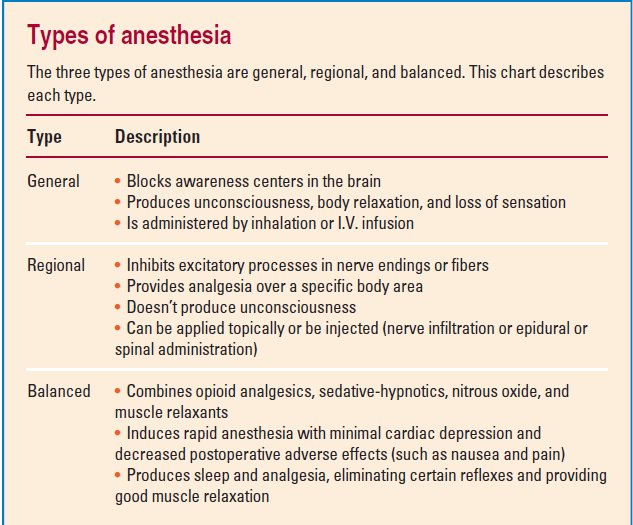 A gel or vaginal insert of prostaglandin is inserted into the vagina or a tablet is given by mouth. This is typically done overnight in the hospital to make the cervix "ripe" (soft, thinned out) for delivery. Administered alone, prostaglandin may induce labor or may be used before giving oxytocin.
A gel or vaginal insert of prostaglandin is inserted into the vagina or a tablet is given by mouth. This is typically done overnight in the hospital to make the cervix "ripe" (soft, thinned out) for delivery. Administered alone, prostaglandin may induce labor or may be used before giving oxytocin. - Giving the hormone oxytocin to stimulate contractions. Given continuously through an IV, the drug (Pitocin) is started in a small dose and then increased until labor is progressing well. After it's administered, the fetus and uterus need to be closely monitored. Oxytocin is also frequently used to spur labor that's going slowly or has stalled.
What Will It Feel Like?
Stripping the membranes can be a little painful or uncomfortable, although it usually only takes a minute or so. You may also have some intense cramps and spotting for the next day or two.
It can also be a little uncomfortable to have your water broken. You may feel a tug followed by a warm trickle or gush of fluid.
With prostaglandin, you might have some strong cramping as well. With oxytocin, contractions are usually more frequent and regular than in a labor that starts naturally.
Page 3
Risks and Precautions
Inducing labor is not like turning on a faucet. If the body isn't ready, an induction might fail and, after hours or days of trying, a woman may end up having a cesarean delivery (C-section). This appears to be more likely if the cervix is not yet ripe.
If the doctor ruptures the amniotic sac and labor doesn't begin, another method of inducing labor also might be necessary because there's a risk of infection to both mother and baby if the membranes are ruptured for a long time before the baby is born.
When prostaglandin or oxytocin is used, there is a risk of abnormal contractions developing. In that case, the doctor may remove the vaginal insert or turn the oxytocin dose down. While it is rare, there is an increase in the risk of developing a tear in the uterus (uterine rupture) when these medications are used.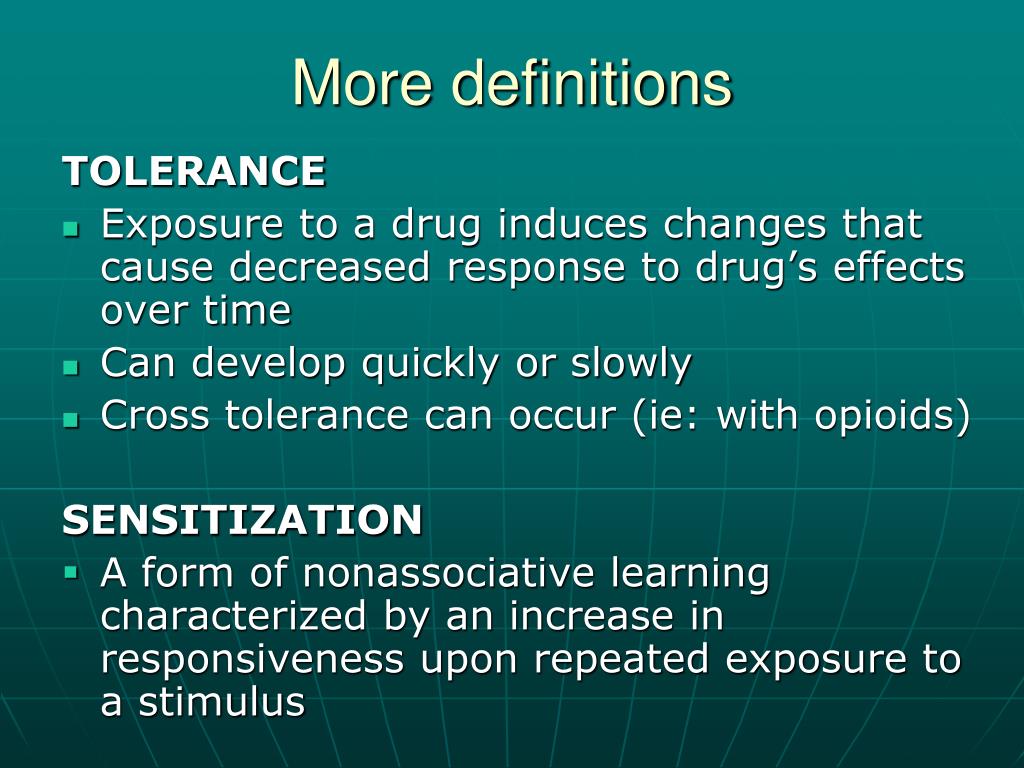 Other complications associated with oxytocin use are low blood pressure and low blood sodium (which can cause problems such as seizures).
Other complications associated with oxytocin use are low blood pressure and low blood sodium (which can cause problems such as seizures).
Another potential risk of inducing labor is giving birth to a late pre-term baby (born after 34 and before 37 weeks). Why? Because the due date (EDD) may be wrong. Your due date is 40 weeks from the first day of your last menstrual period (LMP).
Babies born late pre-term are generally healthy but may have temporary problems such as jaundice, trouble feeding, problems with breathing, or difficulty maintaining body temperature. They may also be more likely than full term babies to have developmental or school problems later on.
Even though inductions do come with risks, going beyond 42 weeks of pregnancy can be risky, too. Many babies are born "post-term" without any complications, but concerns include:
- A vaginal delivery may become harder as the baby gets bigger. As babies get bigger, the chance of an injury during delivery, such as a broken bone, increases.

- The placenta that helps to provide the baby with nourishment is deteriorating.
- The amniotic fluid can become low or contain meconium — the baby's first feces. If the baby breathes in meconium, it can cause breathing problems.
Old wives' tales abound about ways to induce labor, such as the use of castor oil. It is not safe to try to artificially start labor yourself by taking castor oil, which can lead to nausea, diarrhea, and dehydration. And herbs and herbal supplements meant to induce labor can be harmful. Breast stimulation can cause uterine contractions by causing the release of oxytocin. However, some studies have suggested that the baby might have abnormal heartbeats after breast stimulation. Some women feel that having sex in late pregnancy can induce labor, but there is no conclusion on this yet.
Talk to your doctor before doing anything to try to encourage your little one's arrival. Inducing labor is best left to medical professionals — you may cause more harm than good.
As frustrating as it can be waiting for your baby to finally decide to arrive, letting nature take its course is often best, unless your doctor tells you otherwise. Before you know it, you'll be too busy to remember your baby was ever late at all!
What to do if you are called for questioning as a witness in a criminal case?
https://spring96.org/en/news/103283 2021 2021-05-07T12:35:00+0300 2021-05-07T12:35:00+0300 2021-05-07T12:37:29+0300 en https://spring96.org/files/images/sources/ug_process_svedka.jpg Human Rights Center "Vesna" Human Rights Center "Vesna" Human Rights Center "Vesna"
Human Rights Center "Vesna"
Increasingly, human rights activists become aware of cases of summoning citizens as witnesses in politically motivated criminal cases. What is the process for calling a witness? What rights and obligations does he have? How should the interrogation process go and what to do if the investigator violates your rights?
Viasna's lawyers have prepared a memo for a witness in a criminal case who is being summoned for questioning.
| How should a witness be summoned for questioning? According to article 216 of the Code of Criminal Procedure, you must be summoned for interrogation with a summons, which must indicate:
If any of the above information is not indicated in the summons, it means that the summons is not properly drawn up and there are no legal consequences. You can contact the investigator and ask them to send you a properly executed document, since your rights and obligations will depend on your procedural status. The summons is handed over to the summoned person against receipt. In the absence of the summoned person, the summons is handed against signature to one of the adult members of his family or the administration at his place of work, who are obliged to hand over the summons to the summoned for interrogation. If there are reasons preventing you from appearing on a call at the appointed time (business trip, vacation, illness, etc.), you must notify the authority that called you. Remember, you have the right to legal assistance (Art. 62 of the Constitution of the Republic of Belarus and Art. 60-1 of the Code of Criminal Procedure of the Republic of Belarus), so you can say that you want to appear for interrogation with a lawyer, and you need time to its search and conclusion of the contract. The investigator must set another date for the interrogation. If a person under the age of sixteen is called for interrogation, then such a call must be made through his parents or other legal representatives. |
| Can I be detained and taken for interrogation if I don't show up voluntarily? The witness must appear when summoned for interrogation. In addition to the drive, evasion of appearance can be interpreted as disobedience to a lawful order or demand of an official in the exercise of his official powers (Article 24.3 of the Code of Administrative Offenses - a fine of 2 to 100 basic units, or community service, or administrative arrest) or Appearance to the body conducting the criminal process (25.6 of the Code of Administrative Offenses - a fine of up to 30 basic units, or community service, or administrative arrest). |
| Who cannot be a witness in a criminal case? According to Part 2 of Art. 60 of the Code of Criminal Procedure, as a witness in a criminal case cannot be interrogated:
|
| What are the rights and obligations of a witness? Part 3 and Part 4 of Art. 60 of the Code of Criminal Procedure establishes the rights and obligations of a witness. Thus, the witness has the right: 1) not testify against himself, his family members and close relatives Close relatives, family members and close relatives are understood as: 1) close relatives either the person who committed the crime, or the same relatives of the spouse of the victim or the person who committed the crime; 2) family members - close relatives, other relatives, disabled dependents and other persons living together and maintaining a common household with the victim or the person who committed the crime; 3) relatives - close relatives and family members of the victim or the person who committed the crime, or other persons whom the victim or the person who committed the crime reasonably recognize as their relatives. This right is also enshrined in art. 27 of the Constitution of the Republic of Belarus in relation to any person, not only a witness. Therefore, if your loved one is a suspect or accused in a criminal case, then any questions will concern him. In this situation, it may be necessary to justify why you think so and why you decided to exercise this right. 2) challenge an interpreter participating in his interrogation; 3) write down his testimony in the protocol of interrogation with his own hand or certify with his signature in the protocol of the investigative or other procedural action the correctness of the recording of his testimony; 4) file petitions and file complaints against the actions of the body conducting the criminal procedure, including the measures taken to ensure his safety, family members, close relatives and other persons whom he reasonably considers close, as well as property; 5) receive compensation for expenses incurred in the course of criminal proceedings and damage caused by the actions of the body conducting the criminal proceedings; 6) to invite a lawyer to receive legal assistance in the production of procedural actions with his participation . In this case, the witness must: 1) appear when summoned by the body conducting the criminal proceedings; 2) tell truthfully everything known about the case and answer the questions posed; 3) not to disclose information about the circumstances that became known to him in the case, if he was warned about this by the criminal prosecution body or the court; For the disclosure of data of a preliminary investigation or a closed court session without the permission of the body conducting the criminal procedure, the witness shall be liable in accordance with Article 407 UK. At the same time, you must be warned in the manner prescribed by law about the inadmissibility of disclosing such data, that is, the investigator or judge must take a non-disclosure subscription from you. 4) obey the lawful orders of the body conducting the criminal proceedings. Also, during the investigation of a criminal case, the investigator may offer you an examination (for example: handwriting). |
| How should an interrogation take place? As a rule, the interrogation is conducted in the office of the investigator, however, the investigator has the right, if he considers it necessary, to conduct an interrogation at the location of the interrogated, incl. during the performance of such investigative actions as inspection, search or seizure. Interrogation cannot continuously last more than 4 hours . If the interrogation is prolonged, you must be given a break for rest and eating for at least 1 hour, and the total duration of the interrogation during the day cannot exceed 8 hours. If there are medical indications, the duration of the interrogation is determined on the basis of a doctor's opinion. Therefore, if you tell the investigator that you feel unwell and can no longer answer questions, he must call a doctor, and if there are medical indications, the interrogation will be postponed on his recommendation. Before starting an interrogation, the investigator must establish your identity and, if there is any doubt about your command of the language in which the criminal proceedings are being conducted, find out in which language you wish to testify. Next, you should be explained in whose capacity and in what criminal case you will be interrogated, your rights and obligations, including the right to refuse to testify against your relatives and friends, should be explained. Also, the witness is warned about criminal liability for refusal or evasion from testifying and for giving knowingly false testimonies. All this information is recorded in the protocol and a note is made in it about such an explanation. Responsibility for knowingly giving false testimony by a witness 401 of the Criminal Code, however, liability under this article cannot arise if you were in good faith mistaken when giving such testimony. For refusal or evasion to testify without good reason, liability is provided for in Art. If, for some reason, the investigator did not explain your rights and obligations to you, and you did not sign that you were familiar with them , subsequently, the court may recognize this protocol of interrogation as illegal (inadmissible evidence), but in the current conditions in Belarus this may not work. Appearing for interrogation in any status (witness, victim, suspect, accused) you have the right to use the legal assistance of a lawyer at any time . If you decide to testify, then you need to remember the following. The interrogation begins with a proposal to tell about the circumstances of the criminal case known to the interrogated person. At the end of the free story, the interrogated person may be asked questions aimed at clarifying and supplementing the testimony. The investigator is free to choose the tactics of interrogation and can build the interrogation as he sees fit, but is obliged to act within the framework of the criminal procedure legislation, which establishes certain restrictions. According to Part 4 of Art. 217 Code of Criminal Procedure of the Republic of Belarus, the investigator is prohibited from asking leading questions . Leading questions should be considered questions in the content of which there is an answer option, or the answer itself. If such questions were present during the interrogation, then in court such an interrogation can be recognized as illegal. The investigator is not entitled to threaten the person being interrogated, use violence, create situations dangerous to life and health . If the investigator is acting aggressively, try to remain calm. Such behavior is a violation of the law. Also, it is forbidden to carry out investigative actions at night, interrogation from 22. During the interrogation, you have the right to use documents and records, which, at your request or with your consent, may later be attached to the record of the interrogation. At the end of the interrogation, the protocol is presented to you for reading or may be read out. If you wish to make changes to the protocol of interrogation or clarification, the investigator has no right to refuse you to do so. You certify the fact of familiarization with the testimony and the correctness of their recording by signing at the end of the protocol. Each page of the protocol is also signed. If an interpreter participated in the interrogation, then he also signs each page and the protocol as a whole, as well as the translation of the testimony of the interrogated person recorded with his own hand. When interrogating minors under the age of 14 years, a teacher or psychologist is required to participate, and from 14 to 15 years old - at the discretion of the investigator, the person conducting the inquiry. During the interrogation of minor witnesses, their parents or other legal representatives may participate. Witnesses under the age of 16 are not warned of liability for refusing or evading testimony and for knowingly giving false evidence, they are only told to tell the truth. A minor witness is explained the right to refuse to give evidence that convicts themselves, family members and close relatives of committing a crime, as well as other procedural rights and obligations, which is noted in the protocol of interrogation, which is certified by their signature. |
You should be aware that calling for questioning as a witness can mean not only that you are a witness to some events, but also that you can potentially become a suspect or accused. Therefore, before answering questions, you need to make sure that this is an interrogation, which is drawn up in a protocol. If this is not the case, you have the right to refuse to testify, since the conversation may turn out to be just a conversation in which the investigator will obtain the information he needs by an extra-procedural method.
Therefore, before answering questions, you need to make sure that this is an interrogation, which is drawn up in a protocol. If this is not the case, you have the right to refuse to testify, since the conversation may turn out to be just a conversation in which the investigator will obtain the information he needs by an extra-procedural method.
In addition, the information obtained in this way will not be considered evidence in the criminal case in which you were questioned, but can be used to find facts confirming your guilt or the guilt of the accused.
If the investigator has violated your rights, you can file a complaint against his actions (inaction) with higher officials of the Investigative Committee, the prosecutor's office, and also the court. For help in writing such a complaint, you can contact the lawyers of the Viasna Human Rights Center.
If you have any questions, write to Vesna - viasna@spring96. org
org
"If incomprehensible body movements begin, then the police themselves are not sure what they are doing"
The Action Institute for the Study and Practice of Strategic Nonviolent Actions held a webinar on July 14 "Search, detention? How to behave if you run into the police”, on which the lawyer of the organization “Public Verdict” Irina Biryukova told how to talk to a police officer, what is the difference between an inspection and a search, and how to behave if someone comes to search you.
A policeman approaches you
When I see the police, I would advise you to go to the other side just in case.
But if a police officer approaches you, he must introduce himself, explain the reason why he approached you, and ask for something: show documents, show your backpack.
I advise you to always carry a passport or a copy of it (a regular one will do, it is not necessary to certify it with a notary). This will free you from being taken to the department. It is better to take a copy of your passport to rallies.
This will free you from being taken to the department. It is better to take a copy of your passport to rallies.
The police do not have the right to check documents “just like that”. Although, of course, everything is possible with us.
You have the right to ask on what grounds you are being asked to show documents. Maybe they have some direction. If you ask competent questions, it becomes clear to the police officer that you are not afraid and you know the law. I would not advise you to immediately enter into a conflict: this may cause further detention.
If there are not enough documents and you are detained (taken to a car or taken to the police station), you can specify the reason. From this moment on, you are considered to be actually detained. I do not recommend running away: if they catch up with you, you will still be detained.
The most important thing is to be calm and never get into an argument, wave your hands, try to touch the policeman. On the contrary, try to get as much information from them as possible: why, where, which unit.
On the contrary, try to get as much information from them as possible: why, where, which unit.
Record the dialogue on video and audio
I would advise you to immediately turn on the voice recorder to record the entire dialogue with the policeman. They do not have the right to seize a phone without a protocol, but they certainly can take it away.
It's better to broadcast online. You can keep video and audio recording, which immediately go to the cloud. So the data will be saved even if the phone is removed.
I do not advise you to keep information on your phone, even if it has a password. Face ID and finger access are also unsafe - the phone can be brought to your face, and it will unlock. It will be very difficult to prove later that you did not give Face ID access, but were forced to unlock the phone.
Advanced people gave up on this a long time ago. I would recommend making a numeric password, which, if the police want to look at something on your phone, you abruptly “forget” and are not required to give it.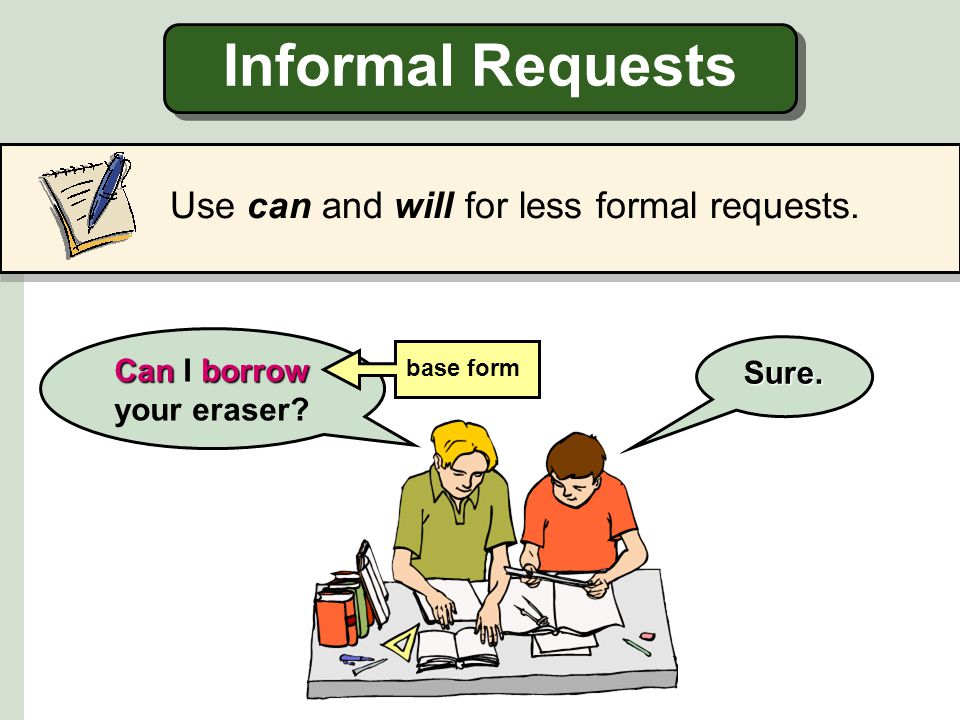
If things start to get out of hand, you can say, “I'm sorry, I need to contact my lawyer. After that, I will follow you." Of course, this does not apply to situations at rallies, when they just come up and drag you into a paddy wagon.
Show what's in your backpack
Inspection and screening are two different things.
Inspection - when a police officer asks you to show your backpack or purse. This is permissible without the presence of attesting witnesses and drawing up a protocol. The policeman has no right to get in there with his hands, touch your things. Just ask to be shown.
Of course, you can say: "You didn't give me enough reason to show you my things." But refusing will make the situation worse: "If you refuse, you have something to hide." The brain of a police officer works just like that. In this case, he simply picks up and delivers you to the department.
If an employee starts to take something out of your bag, pick it up, demand to see it, immediately ask to invite two witnesses and draw up a protocol.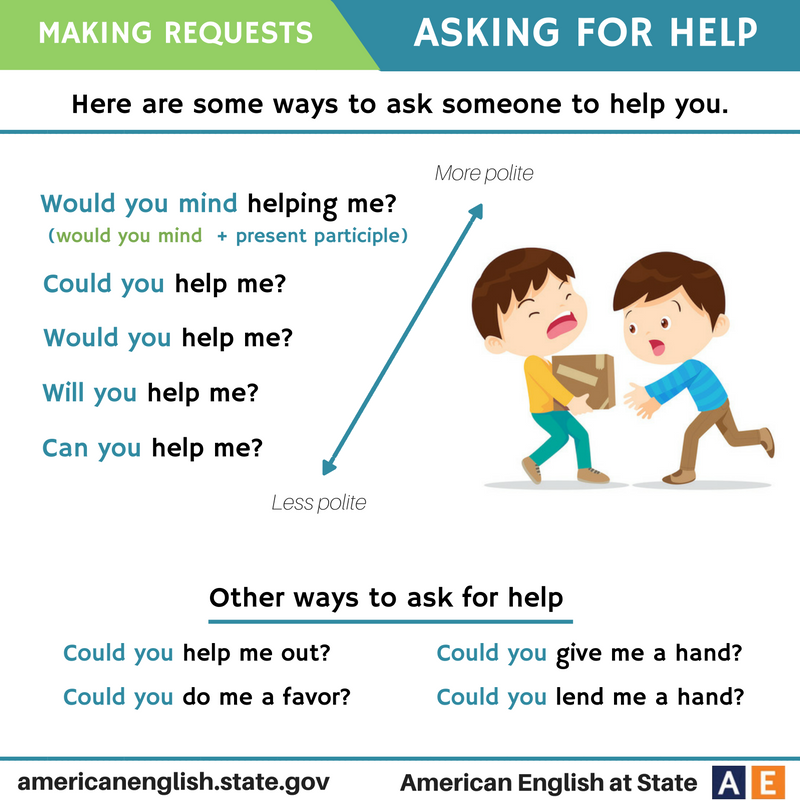 A police officer of the same gender as you can conduct an inspection: a man is examined by a man, a woman by a woman.
A police officer of the same gender as you can conduct an inspection: a man is examined by a man, a woman by a woman.
I was detained on administrative charges and taken to the department. What will happen?
This is called delivery. Within three hours, the police must draw up a report. Be sure to look at the time you were detained.
The police counts from the moment they are brought to the department, in fact, they need to count from the moment when a person cannot actually leave the place where they were stopped. Specify this time in the notes to the protocol.
If the penalty under the article you are charged with provides for administrative arrest, you may be kept in the department for 48 hours. You should immediately contact a lawyer or a human rights organization and report that you have been detained and are being taken somewhere.
If contact is not possible, the police must inform your relatives or another person you name of your detention as soon as possible. Make a statement and demand to inform the named person about your detention. So the police will understand that you know your rights.
Make a statement and demand to inform the named person about your detention. So the police will understand that you know your rights.
Before the arrival of a lawyer at the department, do not communicate with the police on any topic, even about the weather. No matter how mentally prepared you may consider yourself when you find yourself in such a situation… Many lawyers get lost during searches and arrests. In a stressful situation, the body can behave differently.
The main thing is to calm down and not have any conversations. You calmly wait for your lawyer and say that you will give explanations only in his presence. Article 51 of the Constitution guarantees this. By law, you can not give any explanation at all - neither in the department, nor even in court. If your lawyer is not contacted, this could be used against employees later as a violation of your right to a defense.
I do not recommend refusing to sign the protocol. Always, if you do not agree with the detention, indicate this in the "remarks" column. “I don’t agree with the detention, I was detained at 11 am, I asked to contact a lawyer at such and such a number, my request was ignored.” And a signature.
“I don’t agree with the detention, I was detained at 11 am, I asked to contact a lawyer at such and such a number, my request was ignored.” And a signature.
Arrested in a criminal case
As soon as the police suspect you of a criminal offense, you can either demand that you have a lawyer, or invite a lawyer with whom you have an agreement.
Do not give any evidence until the lawyer arrives. By doing this, you can not only aggravate your situation, but also substitute loved ones, friends, acquaintances, neighbors.
Law enforcement agencies have no task to investigate. They have a task to complete the case. When you mention new people, the police circle of suspects expands significantly.
You don't even have to maintain a friendly conversation: “We know you weren't there, but Petya said that you were sitting at the next table…”. You answer: "Well, yes, but we just celebrated Klava's birthday ...". As a result, the investigator already knows that there was a group of people, some kind of Klava, and so on.
If you are forced to send a lawyer by appointment, you tell him that you have your own lawyer, but you are not allowed to contact him. A lawyer by appointment must inform the investigation that in this case he will not participate in investigative actions: if a person has an agreement with a lawyer, the other does not have the right to participate.
If an investigative action is nevertheless carried out, it can then be declared illegal. The punishment for lawyers in this regard is quite severe - up to deprivation of status. Few dare to participate.
Where to get a lawyer
I recommend that you immediately publish a post about the fact that you were detained or your place is being searched. You can write a template in your phone notes in advance, which you then simply copy and paste into the social network: “Guys, they detained me, they are taking me to such and such a police department, I need a lawyer, contact me by phone ...”. And indicate the phone - not yours, but the person you trust.
Your phone will likely be confiscated quickly, but before it's confiscated, quickly let anyone know you're in trouble.
Human rights organizations monitor social networks for arrests, they can see your post. OVD-Info and Public Verdict have chatbots where you can send a message. Their task is to convey information to a lawyer so that he comes to you.
You have been searched
A search is always carried out as part of a criminal case.
It always happens unexpectedly, no matter how you prepare for it. It is usually held early in the morning (from six o'clock) or late in the evening. Searches are rarely carried out at night: in this case, the investigator must be additionally explained why such a hurry is needed. If he does not substantiate this, the investigative actions may be considered unreasonable.
A search can be carried out in your apartment, in your dacha, at your parents, friends, ex-husband and even ex-landlord, if the investigation has reason to believe that you could hide something in the apartment that you rented three years ago. If they have information that you are abroad, they may conduct a search without you. In this case, representatives of the housing and communal services and the district administration should be invited. Therefore, before a long departure, do a general cleaning at home.
When you see a group of people in the peephole, first of all calm down. You have to understand right away: the guys are here for a long time. It depends on your mental balance what will happen in your apartment.
If you are shaking, you can drink valerian or some kind of sedative. Never drink alcohol. Use whatever methods help you calm down. Silently scold the investigator, sing songs, but it is extremely important to remain in a normal mental state. Law enforcement officers, seeing that they manage to unbalance you, will always use it against you.
No need to shout through the door: I won't open it, get out of here, who are you. All phrases with the particle "not" are considered a refusal to perform the lawful actions of a police officer. This will be the actual permission to break down the door for you - a man with a grinder is already standing nearby.
Say: "Just a minute, I need to get dressed, I'll open it now." Go to really get dressed, in parallel, call a lawyer or relatives.
I don't recommend trying to escape through the window. Throw things away too. As a rule, the investigator does not come alone. Operational employees are on duty under your windows and film everything that will fall out from there on the phone. This will only make your situation worse.
Then you play for time so that the lawyer has time to arrive. You can tell employees through the door: "My lawyer is on his way, please wait for him." They are not obliged to wait, investigative actions can take place without a lawyer. But your request will remain on the record and must then be reflected in the protocol.
The police are most likely already recording, they have the right to do so. You, too, keep a record until your phone is taken from you. Save to the cloud, upload online so that the record is saved. This is necessary to fix the fact that you asked the police to wait, behaved adequately and did not give them a reason to storm your apartment.
Only law enforcement officers and witnesses can enter your apartment. Other people are not allowed to enter or take pictures.
If you see the cameras, say right away: I demand you stop recording and forbid you to enter the premises. You have the right to demand that the employee write down all those present in the protocol with data up to the camera number. Subsequently, you have the right to call these people as witnesses.
The first step is to show you the search warrant. It will contain the number of the criminal case. People without masks are required to introduce themselves and present documents. You simply remember people in masks well: height, physique, special signs. After that, all equipment will be taken away from you.
Witnesses are your friends
Two witnesses must be present during the search. As a rule, the police come already with them. So they need these people to be on the search. Perhaps they simply do not want to waste time searching: few people agree to be understood. You can ask for the replacement of witnesses, but almost 100% that will not work.
If you know for sure that the witness is an interested person (for example, a relative of the investigator), you can report this before starting the search. Then the witness must be changed and the search continued. The second option is to report at the end. Then, upon appeal, the search may be declared illegal. We must look tactically according to the situation.
But in any case witnesses are your best friends. You can say: “Dear witnesses, please note that while we are in the hall, a man in a tall mask, with a mole near his eye, came out of the bedroom and brought some kind of bundle. I ask the investigator to record in the protocol that we were in another room and did not see what was happening there. Little things like this can help a lot in the future.
Make notes in the margins
You must follow every movement, every second of what happens in your apartment. If there are several people at home, they can separate you into different rooms and prohibit any communication.
You must have a notepad and a pen, and literally every second you must record every step of each employee - up to the fact that witnesses communicate with each other or go to drink coffee.
If the witness was distracted, then it was as if he was not there. It means that the search was carried out with violations. When the lawyer arrives, he will follow this. But for further appeal, the information that you write down will be of great help to him.
You can ask the staff: “Since I am alone in the apartment / there are children / there are many rooms, please let's move in turn from one room to another all together so that I can observe what is happening. I'm afraid: suddenly objects that do not belong to me will be found, suddenly you accidentally lose something. You may be refused, but employees will see: you know how to behave.
What are they looking for in general
During the search, they have the right to conduct a body search - this does not require a separate protocol (everything will be in the search protocol).
Personal belongings may be taken from pockets if the investigator has reason to believe that you are hiding something. He may offer you to voluntarily surrender all things prohibited for circulation and items that are the subject of a search. It happens that they are looking for a specific thing.
A more complicated option is when looking for items and documents that may be evidence in a criminal case, without specification. Anything they deem to be evidence can be seized.
In this case, a detailed description must be made: brand of equipment, number, scratches, color. You must require the investigator to describe the items seized in as much detail as possible. They are packed separately from each other and fixed with a seal.
Lawyers are not allowed to be searched
Lawyers are often not allowed to be searched. Usually they do this when law enforcement officers have something to hide, for example, they are not all right with the case materials and with the conduct of a search in principle.
If incomprehensible body movements begin, it means that they themselves are not sure what they are doing. Then the police try to play for time so that the lawyer does not record the violation.
If everything is ready and the guys are confident in themselves, then, as a rule, there are no obstacles to the admission of a lawyer. Sometimes they wait for an hour. The people who conduct the search are even interested in letting a lawyer in, because he is a professional and will significantly reduce the time of the search: the employees will not have to additionally explain the rights of the person who is being searched.
 The interrogated person can be called using other means of communication, for example, by SMS or a call, but such a call must be properly executed by the investigator.
The interrogated person can be called using other means of communication, for example, by SMS or a call, but such a call must be properly executed by the investigator.  In case of non-appearance without good reason, he may be brought to court by a reasoned decision of the body of inquiry, investigator, prosecutor, public prosecutor, judge, or by court order, but this does not constitute detention.
In case of non-appearance without good reason, he may be brought to court by a reasoned decision of the body of inquiry, investigator, prosecutor, public prosecutor, judge, or by court order, but this does not constitute detention.  To resolve the issue of a person's ability to correctly perceive the circumstances relevant to the case, and to testify about them, an outpatient examination may be appointed and conducted;
To resolve the issue of a person's ability to correctly perceive the circumstances relevant to the case, and to testify about them, an outpatient examination may be appointed and conducted; 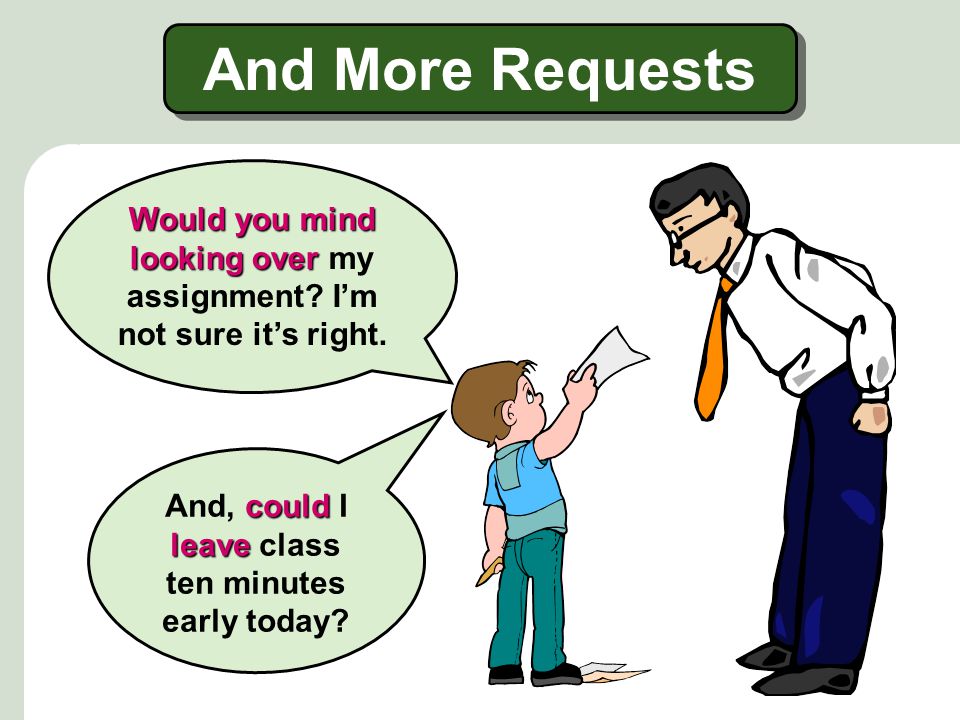


 A witness may refuse to conduct such an examination and may not be forced to undergo it.
A witness may refuse to conduct such an examination and may not be forced to undergo it. 
 402 of the Criminal Code. Important: a person is not subject to criminal liability in case of refusal or evasion from testifying against himself, members of his family, close relatives.
402 of the Criminal Code. Important: a person is not subject to criminal liability in case of refusal or evasion from testifying against himself, members of his family, close relatives. 
 00 to 6.00 is possible only in exceptional cases that do not tolerate delay (part 2 of article 192 of the Code of Criminal Procedure). The investigator must justify the impossibility of postponing the interrogation until morning.
00 to 6.00 is possible only in exceptional cases that do not tolerate delay (part 2 of article 192 of the Code of Criminal Procedure). The investigator must justify the impossibility of postponing the interrogation until morning.  If several persons participated in the interrogation, then all of them must be indicated in the protocol and each of them must put his signature.
If several persons participated in the interrogation, then all of them must be indicated in the protocol and each of them must put his signature. 











